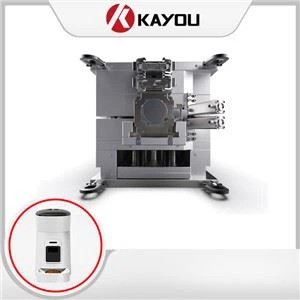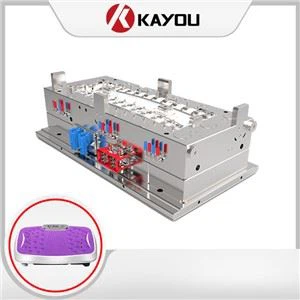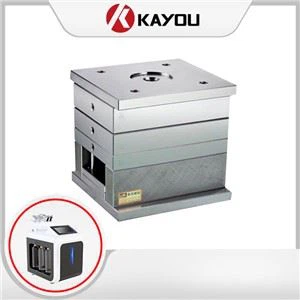What Causes The Plastic Mold To Rust
There are several cases of plastic mold rusting-one is in the mold manufacturing process, the other is in the injection molding process, and the other is the most common cause of special headaches, that is, 0K in injection molding. After getting off the car, I found that the mold had rusted again after a period of time on the injection molding machine. Next, let us analyze various factors and preventive measures that cause plastic molds to rust.
I believe that many friends have encountered the problem of plastic mold rust, which directly affects the appearance of the product. Slight rust can be removed from the mold. If the rust is too deep, the mold may even be scrapped. How can we stop it before it happens? Rust is also a common phenomenon in the plastic mold manufacturing process.
For example, running water is used as a cutting fluid to move the wires quickly during wire cutting. If the workpiece processing time is too long, it will inevitably rust. Even if the air is too humid during the rainy season, the mold parts are not sprayed with anti-rust agent, and they will rust without contact for a long time. However, during the processing, the core hardly rusts, and the mold needs to be preserved after processing, so the impact is not significant.
What is the cause of the rust of the plastic mold? How to avoid rust? Plastic mold factories that integrate injection molding should all encounter rust during the injection molding process. Obviously, the morning is still good, the mirror products are still mirrors, and the products produced in the afternoon are dotted with dots. Don't be surprised, there are no ghosts here. This is a very normal phenomenon. The plastic will be injected into the cavity after being melted at a high temperature in the barrel. At the same time, corrosive gases and carbides will be released. Once discovered, it should be wiped off with cotton immediately.







